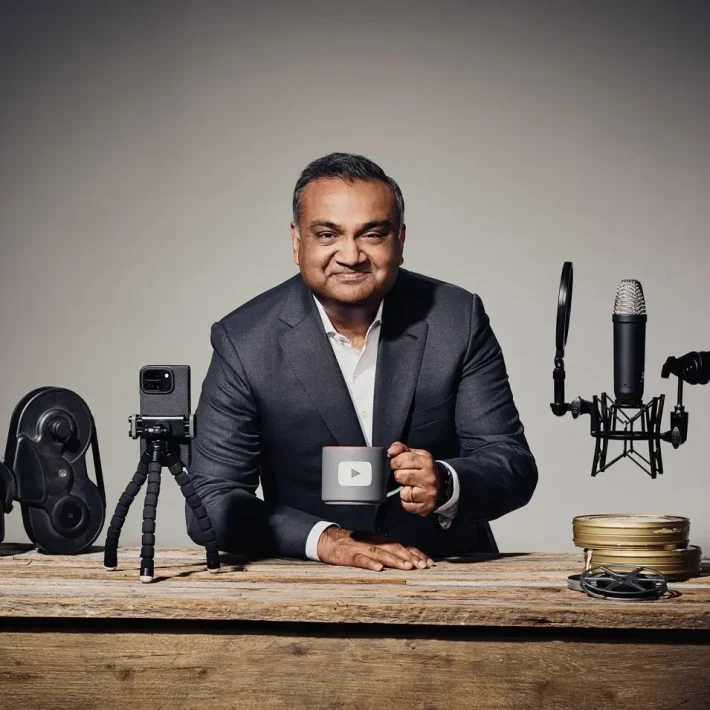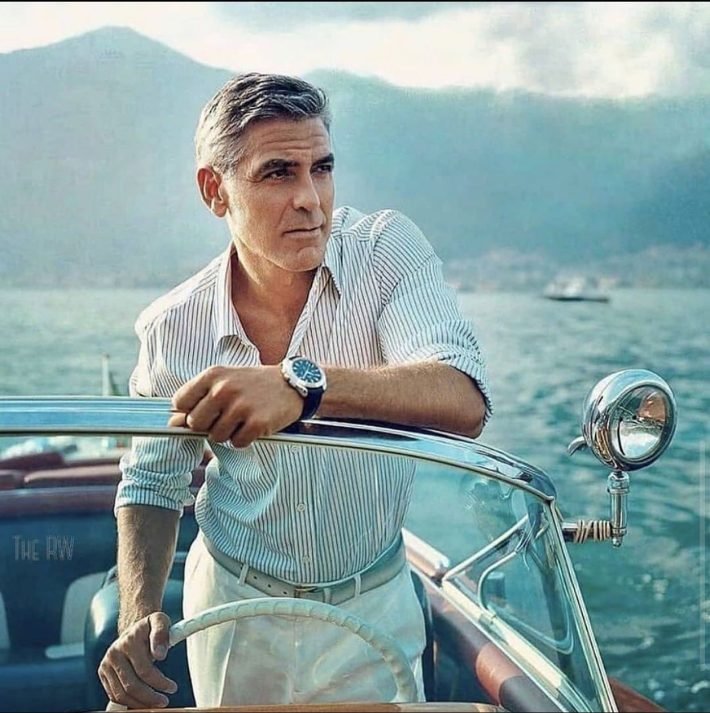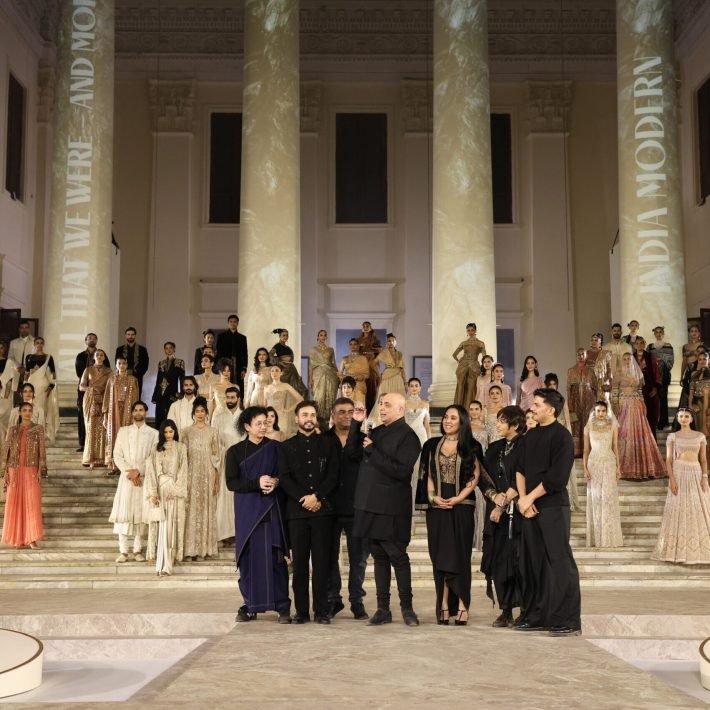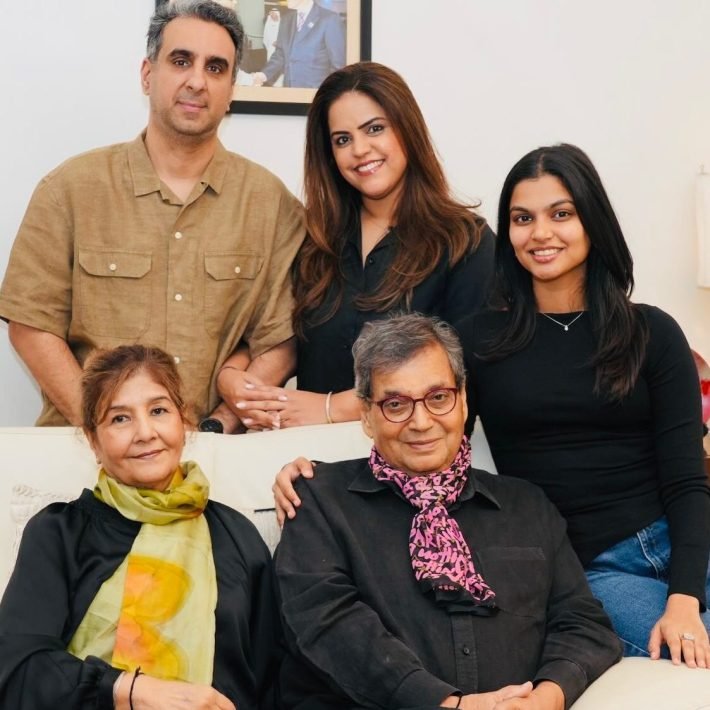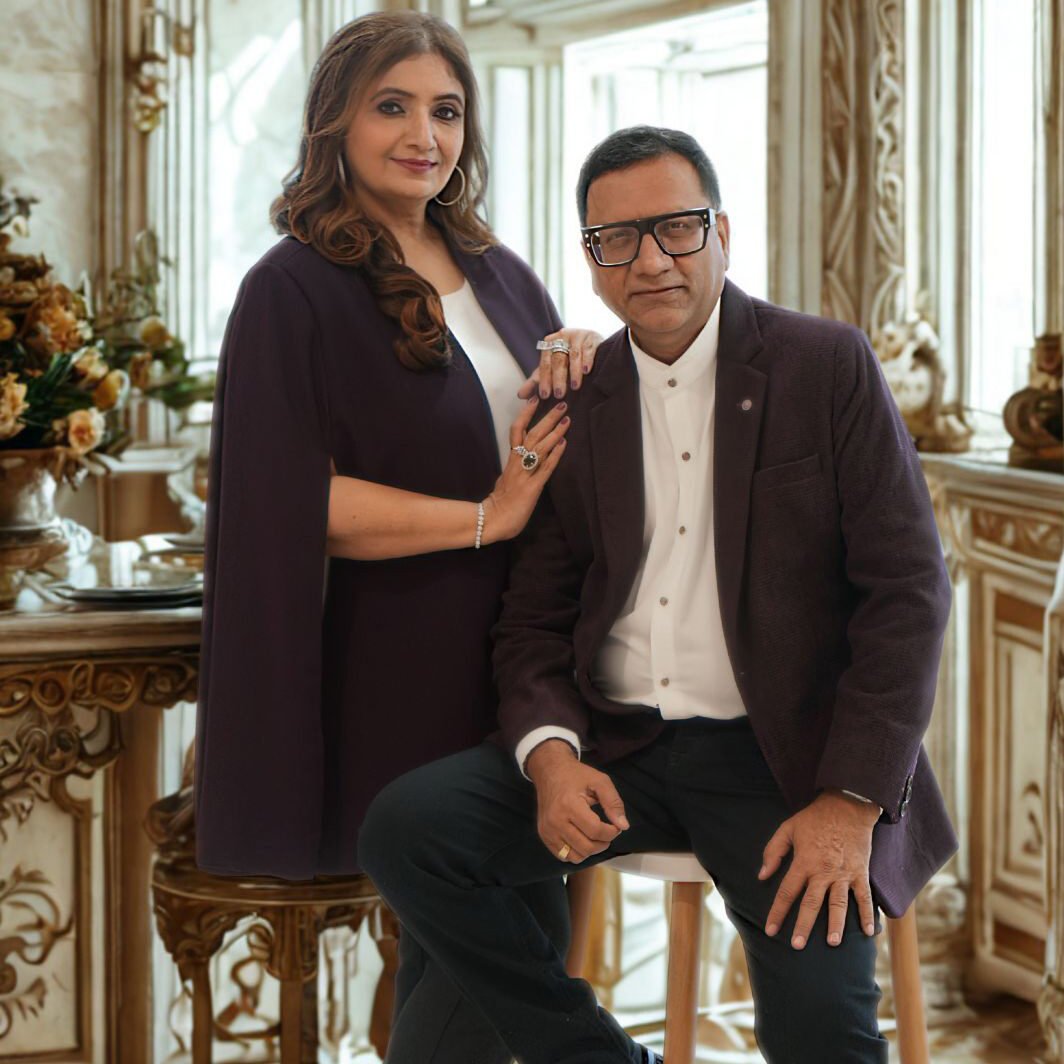The flute — and the force — are firmly with Rakesh Chaurasia, as his skill and depth as a flautist achieve worldwide acclaim in the wake of his recent double Grammy whammy.
By Nichola Marie
In an interview earlier this year, one of Rakesh Chaurasia’s disciples revealed that the famous flautist had shared with him that he was contemplating going on a 40-day chilla (spiritual practice of solitude) as his “practice was not up to his expectations”! This from the man who, in February this year, scored a double whammy at the Grammys, winning two coveted trophies as part of the ensemble of American banjo player Bela Fleck and American bassist Edgar Meyer for ‘Pashto’ (Best Global Music Performance) and ‘As We Speak’ (Best Contemporary Instrumental Album).
Savouring the win, later, Chaurasia was actually wondering how he would face his family if he lost! “Until the moment I got it, I did not know the Grammys were so huge,” he said. “More than the joy I felt for myself, the pride of winning it as an Indian musician ranks higher. To win two Grammys in my first-ever nomination makes it even sweeter,” he declared.

This pretty much sums up the artiste and man that is Chaurasia, nephew of and worthy inheritor to the bansuri (North Indian bamboo flute) of legendary flautist Pandit Hariprasad Chaurasia. The humility is apparent when he points out that he has “only reached up to the knees” of his world-famous uncle, “who always has something new to give as a performer.” That said, he believes he has a lot to learn not only from his legendary uncle, but from his peers too.
Chaurasia candidly muses that many still consider him a child vying for the limelight in the shadow of his uncle. That some even remarked on how he could get a Grammy! His desire to keep a low profile and never vie for awards aside, he is now realising the importance of knowing how to market oneself. This is a man, after all, who has no PR or secretary, and struggles with social media. While his disciples read his emails and messages, his son teaches him a few tech tricks. His communications are handled by Bharat, an IT engineer from Mysuru, who reveals that he had once replied to 7,500 messages on the maestro’s behalf! Chaurasia himself quips that all he knows is to play the flute and that should suffice!
Early Notes
Born 10 January 1971, he was but a child of four-and-a-half when he said yes when asked by his renowned uncle if he would like to follow in his footsteps and learn the flute. He proved that the apple hadn’t fallen far from the tree: Like his legendary uncle, he showed the correct balance of strength and serenity, essential for an exceptional flautist. Accompanying his uncle on stage, he also noted his gift of always presenting something new as a performer – how Chaurasia Sr would ‘change the plan as per the audience profile, and that was entirely different to what we had discussed in the green room’.
His dexterous blowing technique combined with his training of swar and taal saw him grow into a flautist of repute, enthralling audiences at classical and semi-classical concerts not just in India but across the world including Japan, Australia, Europe, South Africa and USA.

An accomplished musician, he has recorded with most of the leading stalwarts of the music industry. He was even invited to conclude the 24-hour live music broadcast to a worldwide audience on BBC radio celebrating Her Majesty the Queen Elizabeth’s silver jubilee. With a clutch of awards to his name, including the Indian Music Academy Award in 2007, the Aditya Birla Kalakiran Puraskar in 2008, the Guru Shishya Award in 2011, IWAP-Pandit Jasraj Sangeet Ratna Award – 2013, the Pannala Ghosh Puraskar – 2013, and the Nakshatra Samman 2024 by TV9 Network in the realm of entertainment and music, he has also recorded several esteemed albums. Besides his experimental work, he has wholeheartedly pursued his main goal of becoming a full-fledged classical musician. Regularly appearing in prominent festivals like WOMAD in Athens, and ‘Festivals of India’ in Russia, Japan, USA and Europe, his maturity and status have brought him invitations to perform solo at major events within India and abroad including the Festival of Saint-Denis in Paris, and the Leicester International Music Festival in England.
Work Ethic
A strong work ethic is ingrained in Chaurasia, something he imbibed from his uncle. Both artistes happen to be lefties, both begin practice early each morning and go on for hours. What’s more, both also tell their disciples — the Chaurasias run a gurukul in Mumbai where they mentor a limited number of students in a five-year residency programme — to have a plan B ready before taking up music, given its vagaries. He has also instilled in his sons Ritik and Pratik, with wife Nandani, the importance of the same. Like his uncle, he also believes in saving money and as for indulging in self-pity, that’s a strict no-no.
He himself never thought of the flute as a career, revealing that he “did it for sheer passion.” Copying his ‘babuji’, he would wear a kurta, take his position on stage, and spray water on himself to mimic sweat. Each time, he would be told not to leave his job even if it meant making do with less sleep. Panditji served as a classic example of tireless energy and relentless hard work. This, after all, was the man who would leave Mumbai at 5 a.m., reach Chennai to record with Illaiyaraaja and others, reach Hyderabad for another recording before proceeding to Bangalore for a 4 p.m. recording and then ending with a 10 p.m. stint with Hindi film music composers! This staunch work ethic ingrained in Chaurasia keeps him restless and yearning for more, the hallmark of a true artiste.
Another seemingly minor but critical point: He rigorously maintains his fitness levels. Hailing from a family with links in wrestling, it was Panditji who first turned to music; the genes have passed to Chaurasia as well, and he thrives on a good workout whenever possible. Meticulous about his food habits, he believes that unregulated eating will seriously dampen the health of a performing artiste, sapping the stamina to perform. As a result, he eats just two meals a day: One complete meal and the other, comprising only fruits.

The Hussain Connection
As a child, Chaurasia would often accompany his uncle during his performances with world-renowned tabla legend Zakir Hussain. Then when he eventually played solo with Hussain for the first time, he was so nervous, he played just 10 minutes! It led to Hussain coming up to him and enquiring if Chaurasia didn’t like playing with him! The ice was broken and Chaurasia has been part of several tours with Hussain. A recent tour saw him doing 17 concerts in 20 days with Hussain and the group. Travelling in a trailer with no stopovers, covering 1,500 miles, he was struck by their work ethic: Even after incredible achievements as musicians, they eschew breaks, choosing not to waste time but do more.
Tips To Succeed
In an interview in 2004, Chaurasia shared these six essentials in one’s growth as a performer…
- Guru’s blessing: This is very important.
- Confidence: One must have this in order to gel with any kind of music, be it fusion or ghazal.
- Learning: One should learn and exchange notes with other musicians. This interaction depends on the interest the artiste has.
- Good health and heart: This is crucial as one has to have the energy to perform, to give 100% to the concert. One must be good-hearted and play clean music and not indulge in politics in music.
- Practice: Riyaaz (practice) is essential in order to play well.
- Knowledge: It is necessary to know the music, nature and views of other musicians one is playing with to produce good music.


